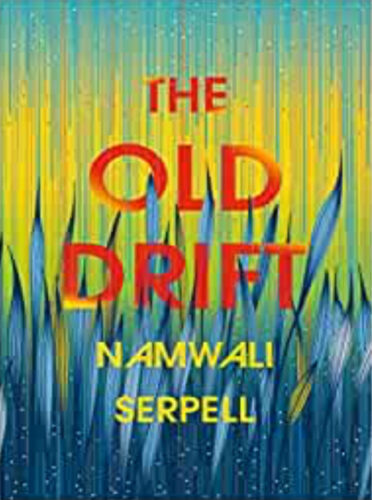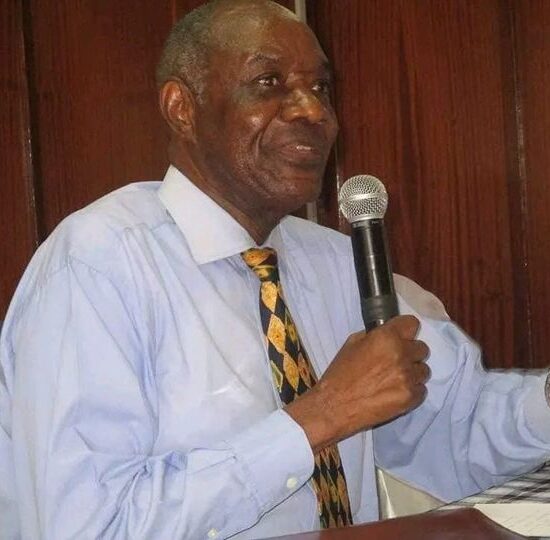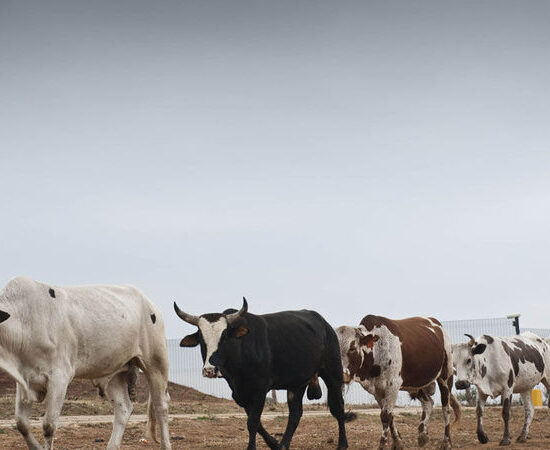
Are you an avid reader and sometimes struggle to decide on which next book to read? Are you a lifelong learner yearning to engage in conversations with the best minds and authors reflected in the best books as decided by the Zambian audience?
Look no further, the Zambian Business Times – ZBT has partnered with notable bookstores in Zambia and this is our inaugural edition that we will be publishing known as the ‘ZBT Top 10 best selling books in Zambia’.
This periodic publication of the top 10 will enable you to see which books are trending and which books you need to get. The list will also give you a variety of the best books to pick from for your next read.
In the works of Frederick Douglass “Once you learn to read, you will be forever free”. So, as ZBT, to play our role in increasing the levels of mental freedom in Zambia, we have secured promotional prices which our readers and subscribers will enjoy once they place an order for any of the listed books.
The ZBT top 10 best selling books is compiled from data submitted by independent, credible and registered bookstores in Zambia and reflect titles in order of number and value of copies sold, perhaps a surest way to select value being placed on the publication from a Zambian perspective.
So, if you are interested in any of the books in the #ZBT Top 10 best selling books in Zambia and wish to get a copy at a promotional rate, simply email us via info@zambianbusinesstimes.com or call/what’s app +260 974 444 051.
If you are a bookstore operating in Zambia and wish to participate in this national compilation of the ZBT top 10 best selling books, kindly call us on the same email and mobile phone contact numbers provided above. Below are the top 10.
No. 1 The state of Africa by Martin Meredith
Africa is forever on our TV screens, but the bad-news stories (famine, genocide, corruption) massively outweigh the good . Ever since the process of decolonization began in the mid-1950s, and arguably before, the continent has appeared to be stuck in a process of irreversible decline. Constant war, improper use of natural resources and misappropriation of revenues and aid monies contribute to an impression of a continent beyond hope.
How did we get here? What, if anything, is to be done? Weaving together the key stories and characters of the last fifty years into a stunningly compelling and coherent narrative, Martin Meredith has produced the definitive history of how European ideas of how to organise 10,000 different ethnic groups has led to what Tony Blair described as the ‘scar on the conscience of the world’. Authoritative, provocative and consistently fascinating, this is a major book on one of the most important issues facing the West today. Email info@zambianbusinesstimes.com to get a copy at a promotional rate.

No. 2 Celebrating Zambia’s golden jubilee
This book reveals Zambia’s development through chapters on politics, mining, education, agriculture and all regions of the country. It was designed to give Zambia a solid platform to promote understanding of this country and record achievements over the last 50 years. It is lavishly illustrated by outstanding photography and written by an award-winning author. It is the perfect gift for all those who would like to promote Zambia.
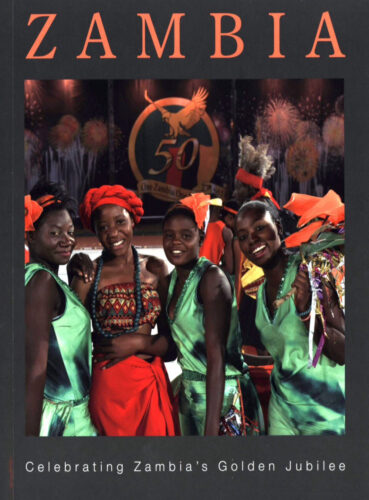
No. 3 The Challenge for Africa by Wangari Maathai

No. 4 Dinner with Mugabe by Heidi Holland
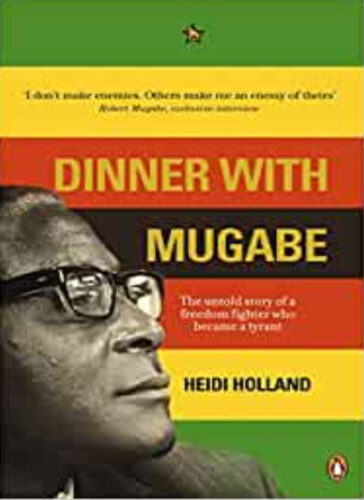
No. 5 It’s our time to eat by Michela Wrong
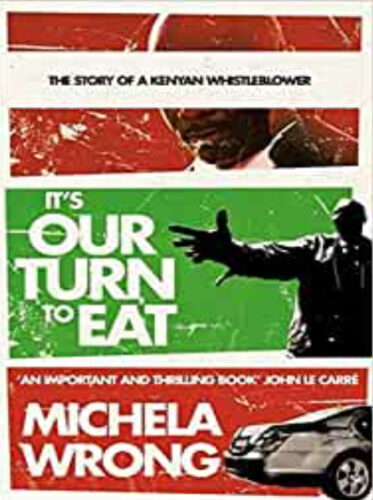
No. 6 No Longer at ease by Chinua Achebe
Showing a man lost in cultural limbo, and a Nigeria entering a new age of disillusionment, No Longer at Ease concludes Achebe’s remarkable trilogy charting three generations of an African community under the impact of colonialism, the first two volumes of which are Things Fall Apart and Arrow of God.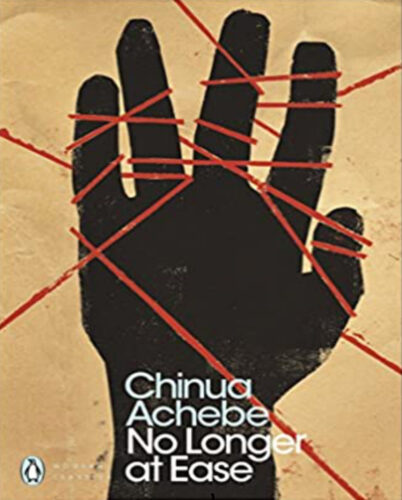
No. 7 Zambia – The first 50 years by Andrew Sardanis
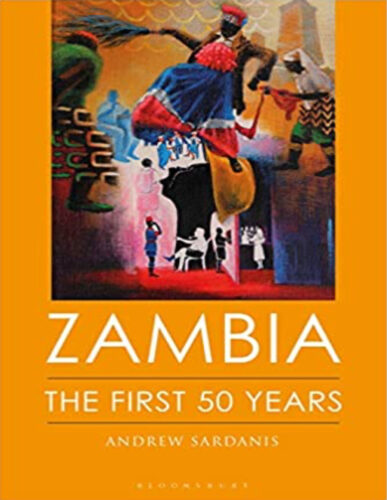
No 8. Democratic reforms in Africa – edited by Muna Ndulo

No .9 Dark Star Safari by Paul Theroux
Travelling across bush and desert, down rivers and across lakes, and through country after country, Theroux visits some of the most beautiful landscapes on earth, and some of the most dangerous. It is a journey of discovery and of rediscovery — of the unknown and the unexpected, but also of people and places he knew as a young and optimistic teacher forty years before.
Safari in Swahili simply means “journey”, and this is the ultimate safari. It is Theroux in his element — a trip where chance encounter is everything, where departure and arrival times are an irrelevance, and where contentment can be found balancing on the top of a truck in the middle of nowhere.
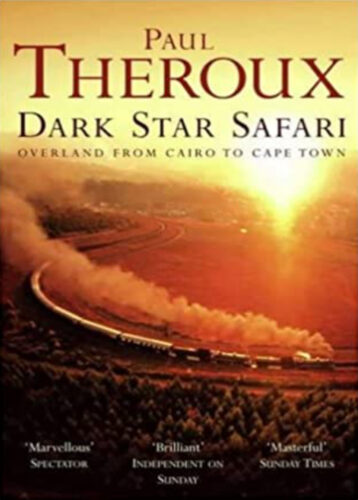
No. 10 The old drift by Namwali Serpell
Namwali Serpell’s ground-shaking debut novel is an epic story of three generations of three Zambian families – one black, one brown and one white. Unfolding over 200 years, but set mainly in the twentieth century, one family begins in Italy, another in England and the third in Zambia.
The three families’ lives become entwined as each is plagued by a curse passed on down the generations. Hugely ambitious, each of the three ‘books’ that make up the novel – The Grandmothers, The Mothers, The Children – engages with a different genre of writing, satirizing the kind of language historically used to describe Africa, whilst celebrating the diversity and hybridity of African culture.
Playful, full of humor and utterly captivating in its storytelling – this is a colossal novel that you can live in. Sprawling out across time and space, it recalls One Hundred Years of Solitude by Gabriel García Márquez, animating a culture that cannot escape its colonial past, but which yearns for greatness.
